Keeping Your Phone Safe, Physically and Virtually

How to Protect your Phone Physically and Virtually
When you have a new phone that is worth several hundred dollars, if not more than a thousand, it makes sense that you want to protect it. I know I sure do. Protection can range from preventative measures to protect from physical damage, to software that prevents hackers from accessing your phone and your data. More than likely, you have your social media, bank accounts, and other personal data stored on your phone and it is important that this information stays secure. The developers of these apps are good at keeping your information safe, but it couldn't hurt to do a little bit more—like enabling two-factor authentication, setting up device encryption, and installing mobile antivirus protection.

Screen Protectors: Your First Line of Defense
This may seem like a no-brainer, but the screen on your phone is the most delicate part. If you haven't has the unfortunate experience of breaking your screen, you surely know someone who has. There a a variety of screen protectors to help with this, from privacy screen protectors to scratch resistant styles and soft gel screen covers. My personal favorite is the tempered glass screen protector. This is a thicker screen protector, but with a case that has raised edges (I will explain this in the next section), it is barely noticeable. Tempered glass is 4 times stronger than traditional glass and provides excellent scratch and damage protection for your phone. The tempered glass rarely has issues with air bubbles and is very easy to remove and replace. I got a 3 pack for around $10 for the iPhone X.

Phone Cases to Prevent Drops and Damage
If you spent hundreds of dollars on your device, why not spend a little more to protect it. There are cases for around $100 that provide lifetime warranties and have been tested in some of the most extreme circumstances. These are a little bulky for my liking, but there are other options for $20-$50 that provide adequate protection. I prefer a case that is not bulky, has shock protection, and has an easy to grip material to minimize slips and drops. I also look for a protector that has edges that raise slightly above the screen. If the phone were to fall screen down, the case hits before the screen, as long as it doesn't land on a rock or something.

Do PopSockets Actually Help Prevent Drops?
I will be the first to admit that I think these are obnoxious and bulky. I don't use one, but I know many people who do. This little piece pops out from the back of your phone, providing a place to firmly grip your device. This minimizes the risk of dropping it while it is in your hand. It also doubles as a stand for your phone to keep it propped up. When you are done, simply press it inward and it folds down, for a slim and easy to store accessory.

Secure Your Phone with Biometrics
We all know that having passwords for our accounts and devices is important, and often mandatory to use a platform such as social media or really anywhere that you have to create an account. This can be taken another step forward by using biometric security features. This began with fingerprint scanning and recognition in phones, and has now evolved into facial recognition software.
Unless you have a twin, chances are nobody will be able to physically unlock your device if it has facial recognition. Watch out for sneaky friends that try while you are sleeping though. Individual apps can even be set to require facial recognition to open. Many secure apps like banking and business apps offer this function. It is still important to have a strong physical password as well.
Choose something that contains a variety of letters, both uppercase and lowercase, numbers, and special characters. Do not use the same password for all of your accounts. You have heard it before, but it still needs to be emphasized. It will be easier for someone to hack into a grocery rewards account than a Wells Fargo or Chase account. If you use the same password, then you are making it that much easier for you to get scammed.

Use a VPN to Stay Safe on Public Wi-Fi
If you don't know what a VPN is, it is a Virtual Private Network. This allows you to protect your data. It is particularly useful when you are using a free public Wi-Fi network such as at the local coffee shop or library. Other users on the network have a much easier time infiltrating your device on these. The VPN lets you encrypt your internet connection, conceal your personal information, allow you to avoid internet filters, and even hide your IP address by providing different IP addresses to tracking software. Sometimes you can find these services for free, but usually this is a paid service.
![]()
How Phone Tracking Apps Can Help You Recover a Lost Device
How many times have you gone looking all over the house for your phone and can't find it? Or worse, you left it out at the bar, or restaurant, or you don't even know where. Having a phone tracking app can help you find where exactly your phone is. It does much more than this. By accessing your account online or on another device, you can remotely lock your phone, activate an alarm or sometimes even access the camera to capture a picture of the surroundings, or maybe even a phone thief. Simply having the app is not enough, you have to make sure that you set it up and activate it as well. Many people think that just because iPhones come with the Find My Device app that they are protected. If you never set up the app, it does not work.

Why App Permissions Matter for Phone Security
If you are familiar with smart phones, then you know that you have to allow apps to access certain functions of your phone. SnapChat needs access to the camera, and you have to manually approve this access. Same with Facebook accessing your contacts to provide you with suggested friends. If you download a calculator app and it wants access to your camera or other functions, this is generally a read flag. The calculator may work great, but who knows what other functions the developer is using it for behind the scenes.

One of the most important parts of keeping your device secure is regularly updating the software. One constant in technology is change. Hackers are always changing their methods to find new loopholes and security vulnerabilities. The developers are constantly changing the software to combat this. It is like a giant game of cat and mouse, but with your personal information on the line. If the software on your phone is out of date, then you may be susceptible to a hacker exploiting a flaw on the older software. These system updates do a lot more than just slow down your phone.
There you have it, some basic mobile security tips to protect your phone. Whether it be your own clumsiness, or a malicious hacker, your phone is a sanctuary that should be protected. Make sure that you are taking all of the appropriate steps to keep your device safe and secure.
Frequently Asked Questions-FAQs
What is the best way to physically protect my phone?
Use a tempered glass screen protector and a shockproof case with raised edges to reduce damage from drops and scratches.
How do I keep my phone safe on public Wi-Fi?
Always use a VPN to encrypt your connection and mask your data when using unsecured networks like those in cafes or airports.
Can someone hack my phone if they have my number?
While rare, social engineering attacks are possible. Always enable two-factor authentication and use strong passwords.
Is facial recognition safer than passwords?
Facial recognition is convenient and secure, especially when combined with strong password protection for critical apps.
How do I find my lost phone?
Enable a tracking app like Find My iPhone or Find My Device on Android, and make sure it's set up and running before you need it.


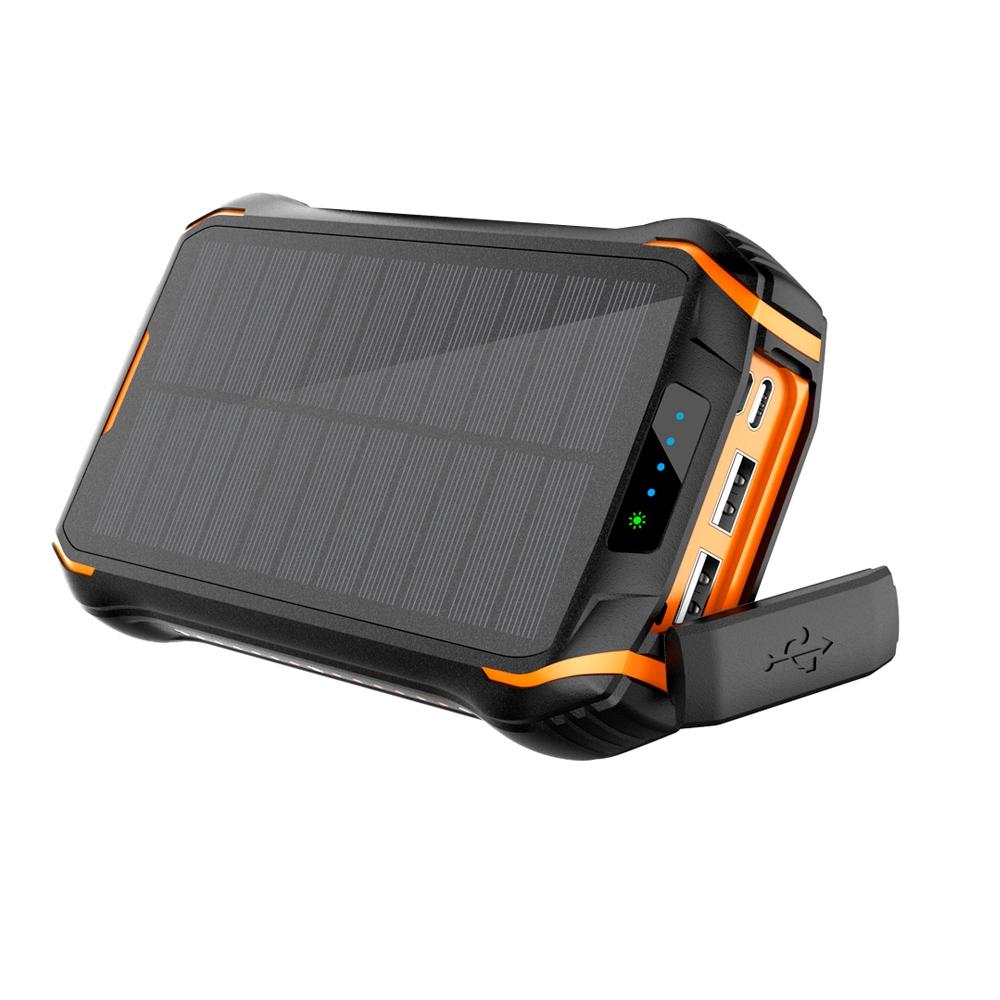
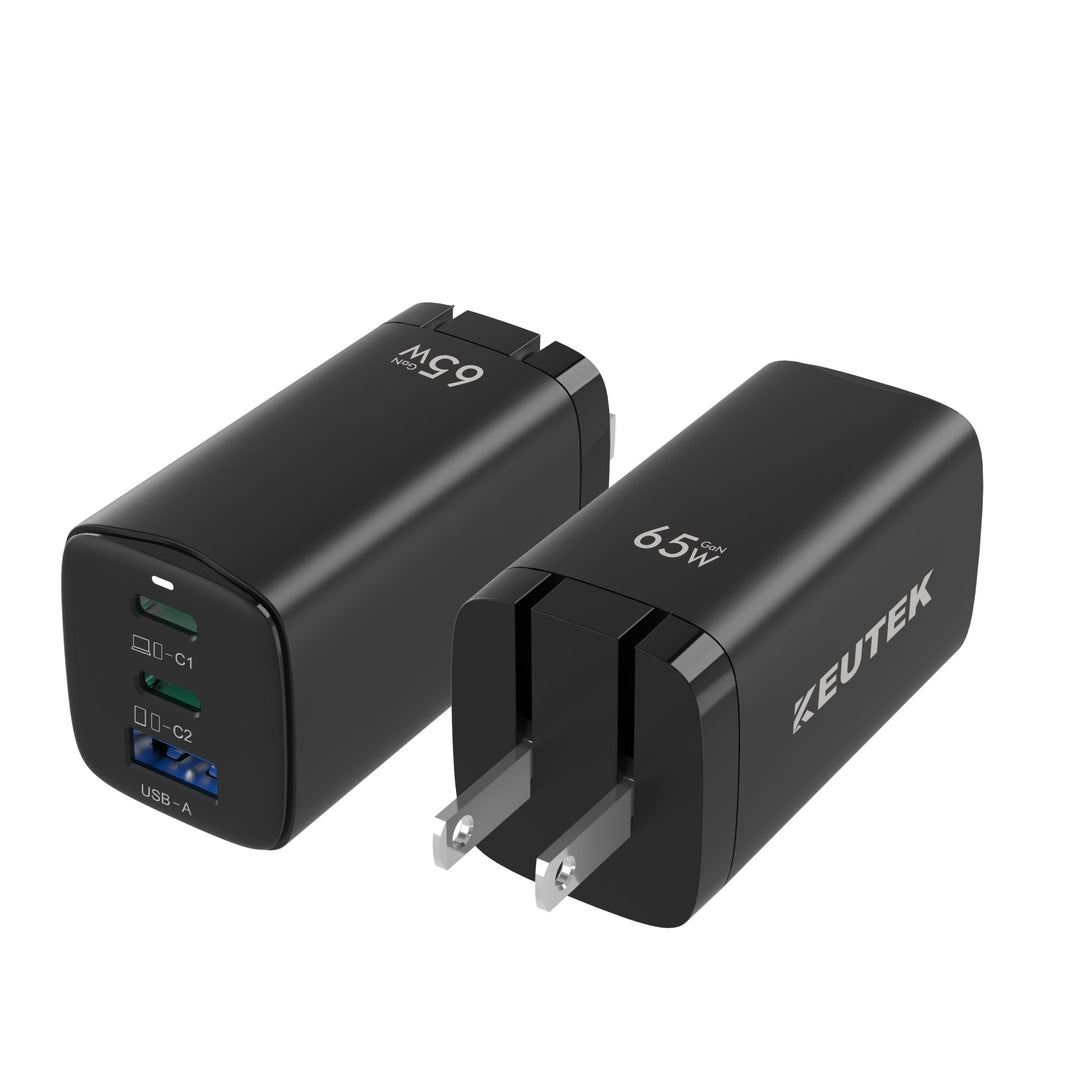
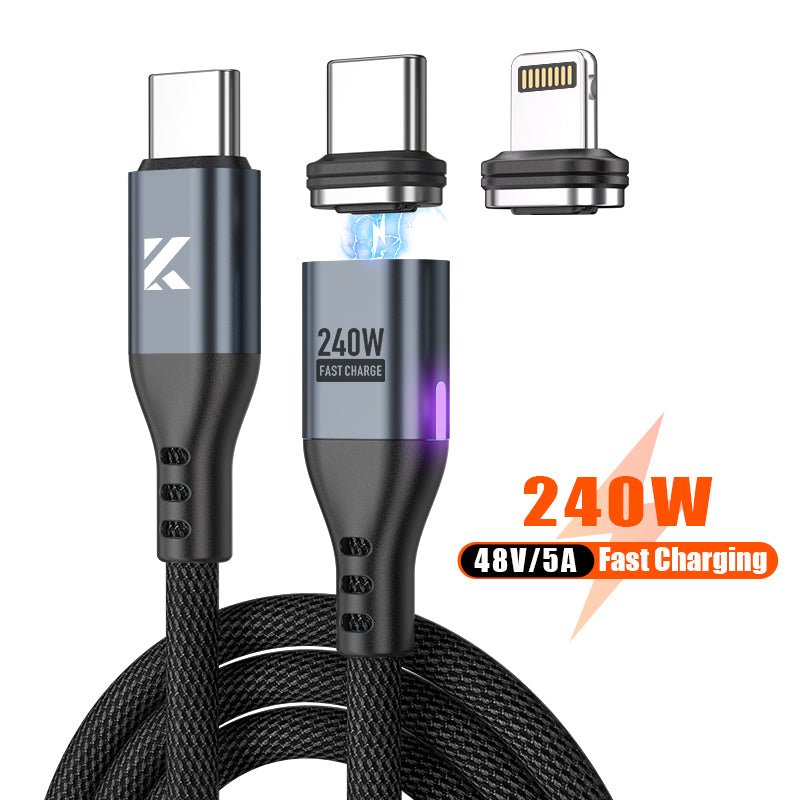
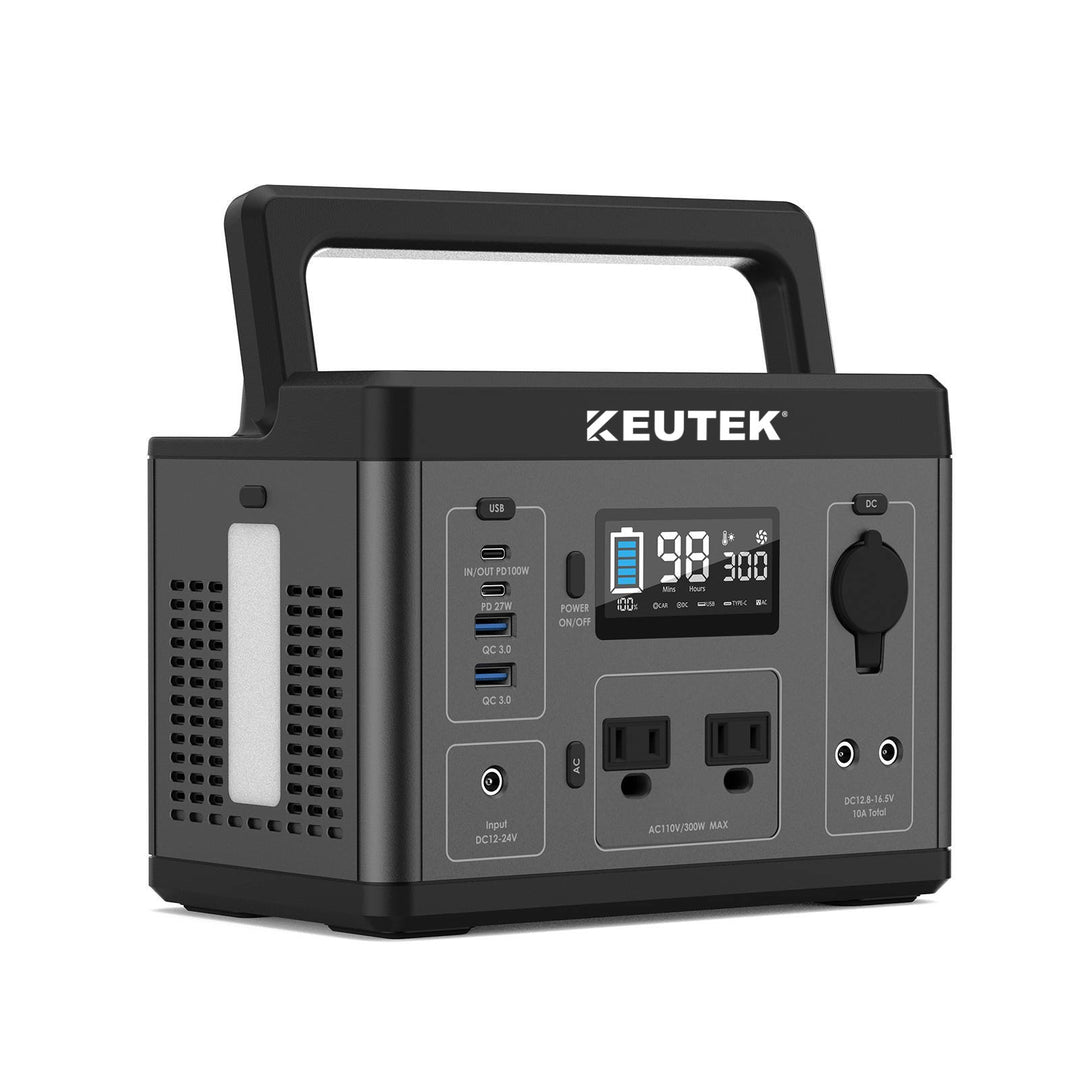
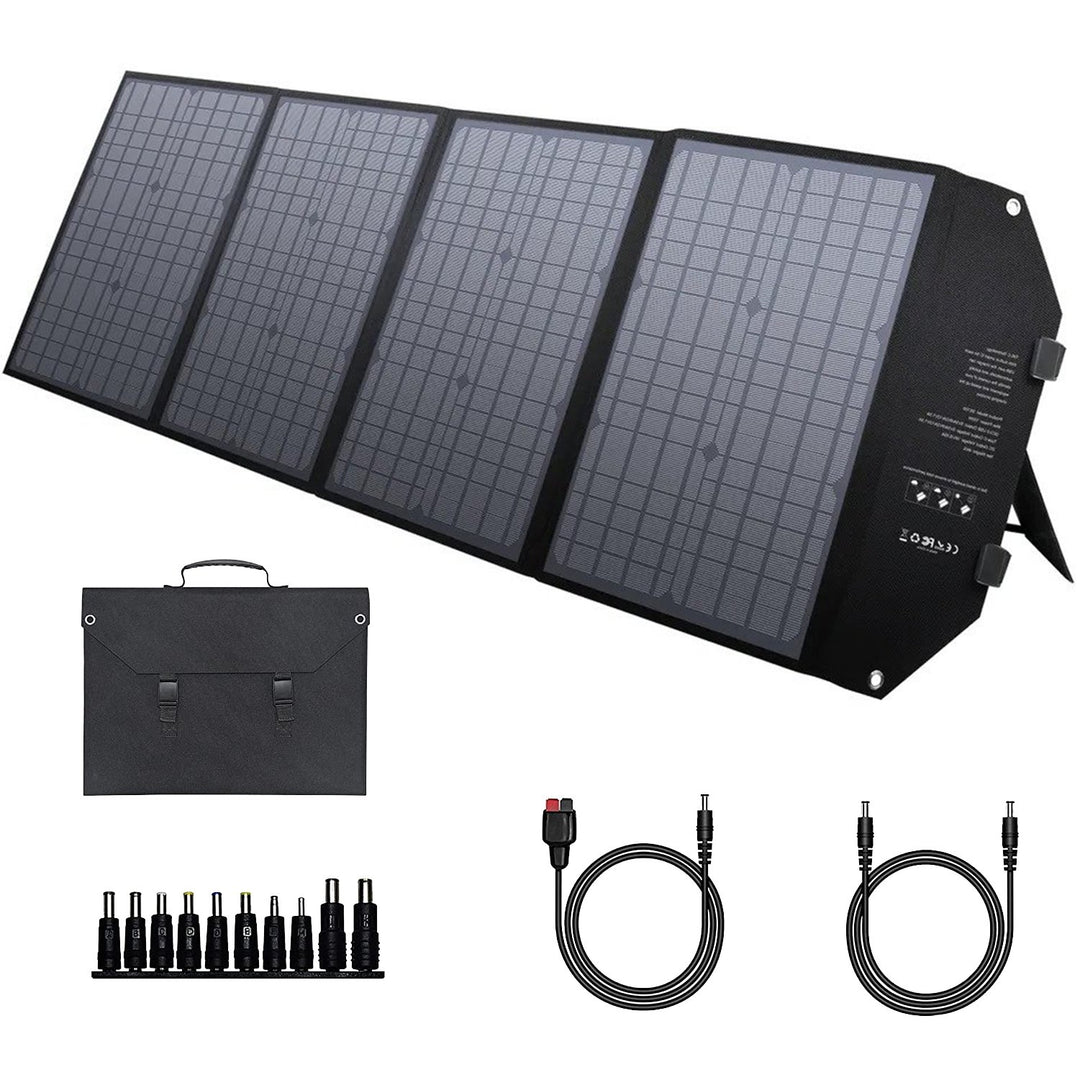
Leave a comment